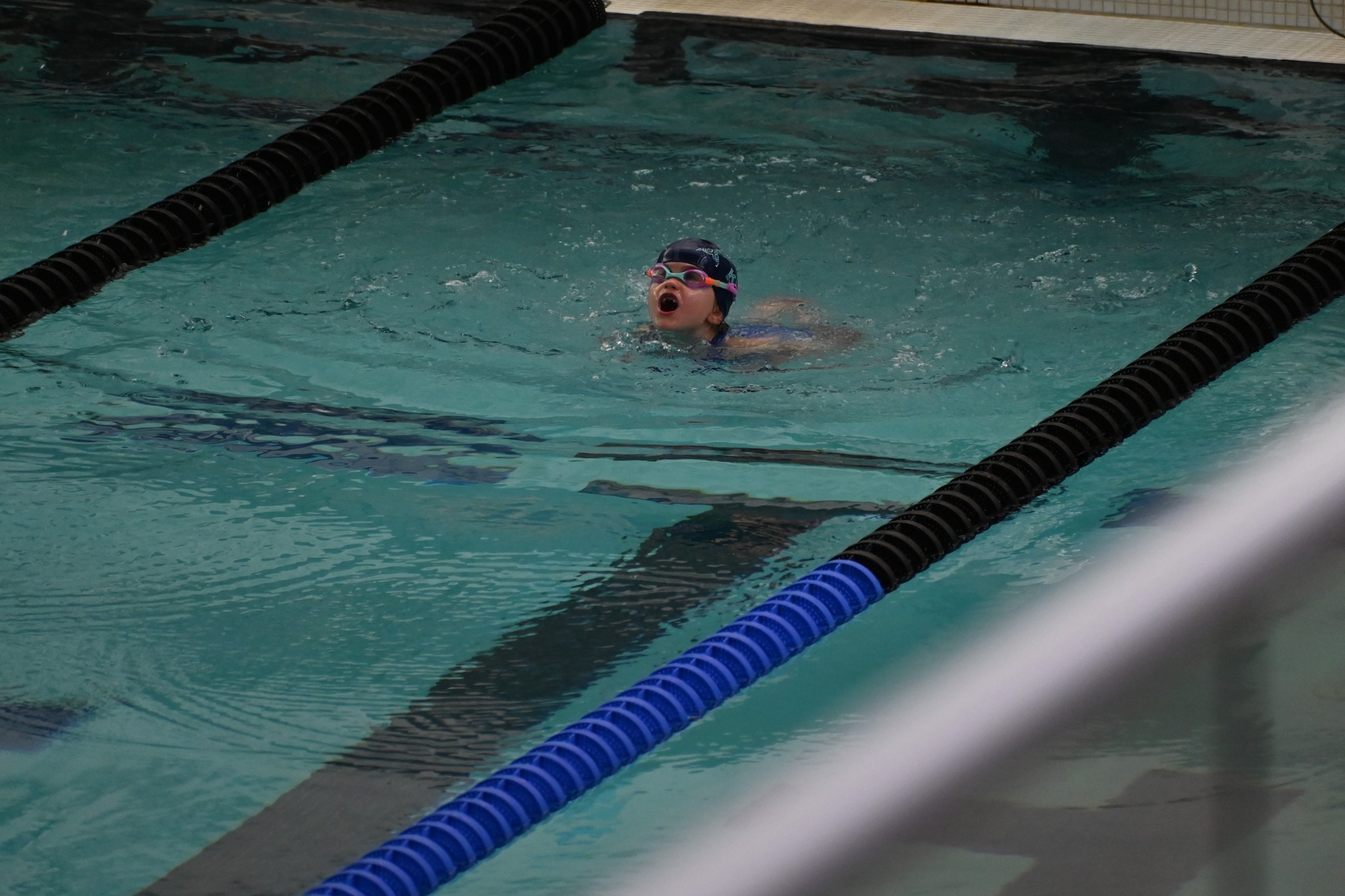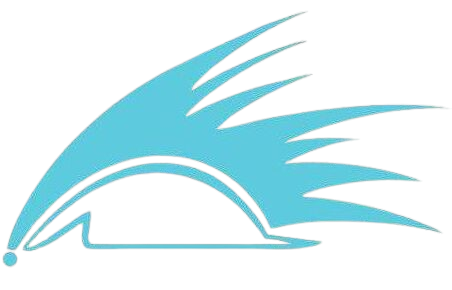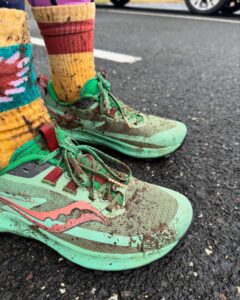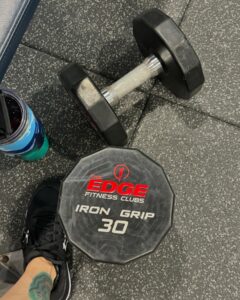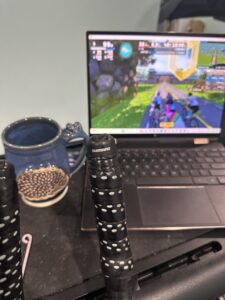Prior to leaving for a three-week western work adventure in Nevada, Arizona, and Utah I had the pleasure of sitting through a two-day youth swim meet at the Upper Valley Aquatic Center in White River Junction, Vermont. Ivy swam a total of five events (25 Free, 50 Free, 25 Back, 25 Breast, and 25 Fly) and ended up with two big personal records (PRS) and three disqualifications (DQS — bet you didn’t know you can disqualify in freestyle, well you can). Ivy was especially terrified about swimming butterfly in a meet for the first time. Coordination in freestyle and backstroke is finally clicking for her, but both butterfly and breaststroke remain a pretty huge challenge. The thing is despite being a little scared and despite DQing in three events, she had a blast all weekend and can’t wait to get back into the pool for practice this week.
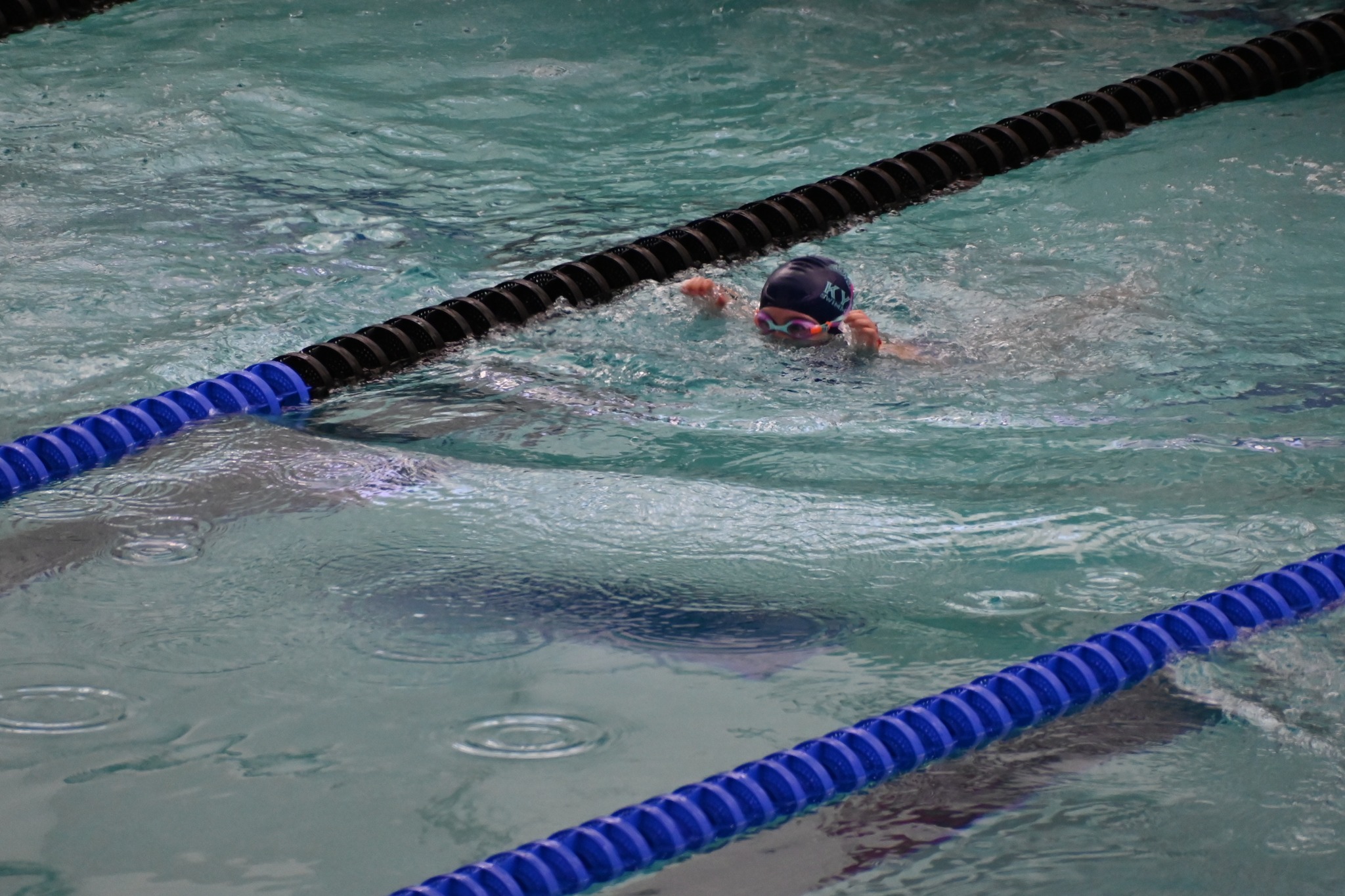
How does this even apply to coaching adults? When you love the process, the joy or training, not the result, is the reward.
A lot of my athletes (myself included) often get caught up in the result — going faster, hitting a certain time, power or pace, qualifying for an event, achieving a finish line, or landing on a podium. There is nothing wrong with these types of outcome-based goals, but as athletes we only have a limited amount of control over whether or not we achieve them. When an athlete doesn’t achieve an outcome-based goal, all the time and effort and sacrifice can feel wasted. This is why enjoying the process is so important. If you love the process (for Ivy going to swim practice, hanging out with friends, learning new skills), achievement of an outcome-based goals is just the icing on the cake (getting to swim with the big kids at the swim meet).
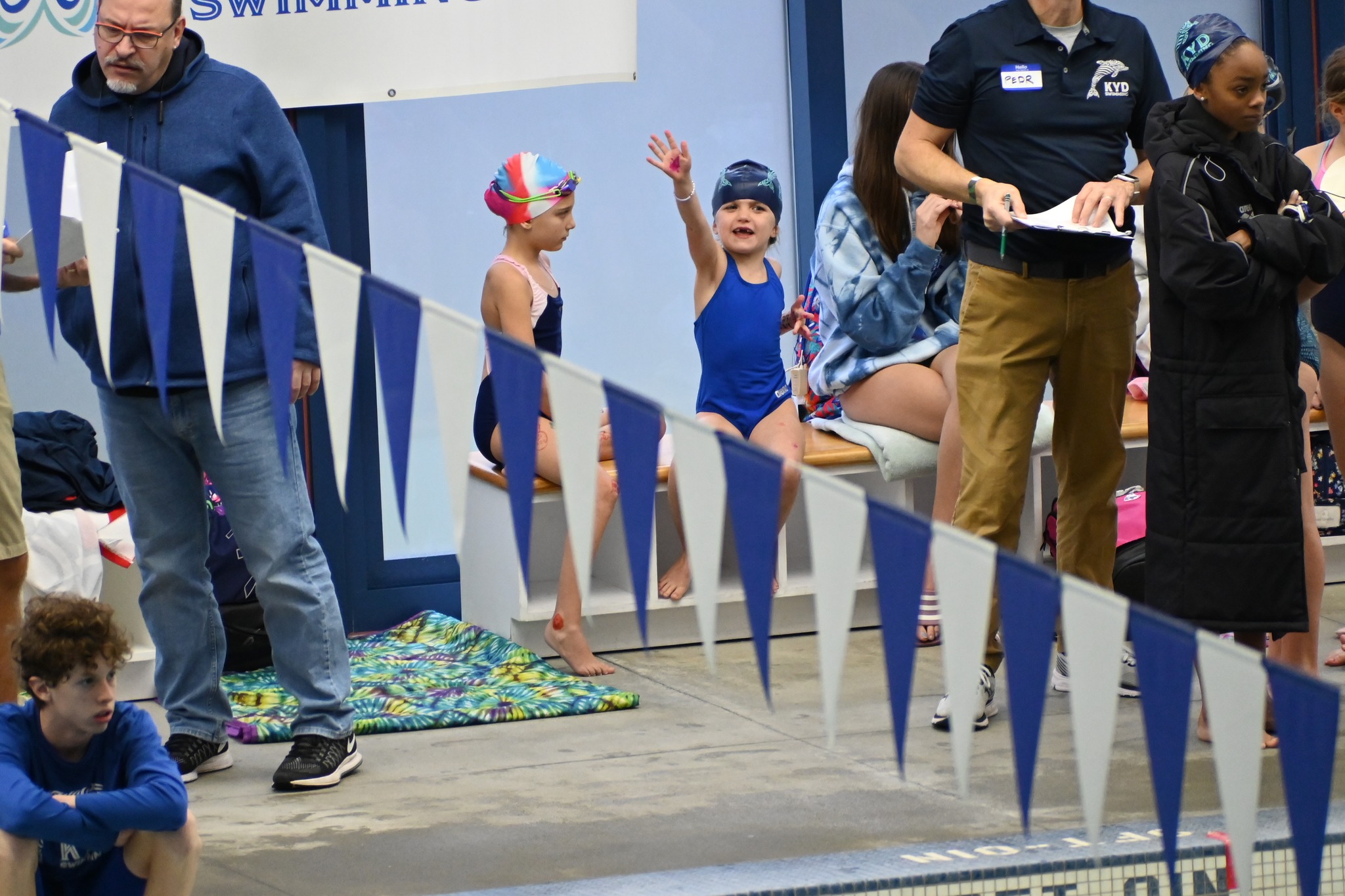
Here’s where it gets tricky, what happens when you have an outcome-based goal (let’s say crossing an IRONMAN finish line) but the process to get there (training 10-12 hours per week or more) feels like a terrible a grind?
- Assess the goal. Not every goal fits every lifestyle. Its ok to modify or delay goals if they just don’t work with your life right now. I find for myself, and for my athletes, it’s better to be realistic and build on successes than to overreach in the face of lots of adversity. Anything is possible, just maybe not next month or this year.
- Modify the training. We can get into head spaces where we feel like completing x, y, z is essential to achieve certain goals.This may come from prior experience as an athlete (“when I did well at IRONMAN I had 5 bike rides that were 6 hours long) or as a coach (“all of my athletes who podiumed did track workouts once a week). There are lots of ways to achieve success. Training can and should be modified to fit an athlete’s life. If there’s something an athlete despises, forcing it isn’t going to help anyone. A hated (or repeatedly avoided) workout is an opportunity for conversation, not a powerplay between coach and athlete.
- Take some rest. The dreaded R word. Stress is cumulative. Stress from work, and family and training and life all spill over and into each other. Choosing a week of rest when an athlete is feeling overwhelmed is a lot more productive than a month or more of forced rest when an athlete gets so overwhelmed that they end up sick or injured or both. Rest also doesn’t have to be absolute. Some unstructured training or “just move” type workouts can also go a long way in preventing burn out and maintaining joy in the process.
- Try something new. The beauty of new is that we have no expectations. Everday is a PR. Even better lots of activities (skiing, mountain biking, hiking, paddle boarding) have positive impact on other activities (swimming, biking, and running). Trying something new is a great way to re-discover joy in movement.
- Its ok to step back. Finally, and most importantly, it’s always ok to step back. We get a barrage of messages that more is always better (I personally hate the “you only regret the workouts you didn’t do” posters — there are damn well a TON of workouts I regret doing). In some situations, less is better. Swimming, biking, and running isn’t going anywhere. Its ok to decide not today or not this year or not right now, if that’s the right choice for you.
We can all probably use a little Ivy in our training and racing — have fun, be a little silly, do what feels good, and make sure to find joy in the process.
